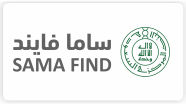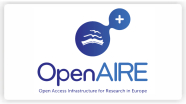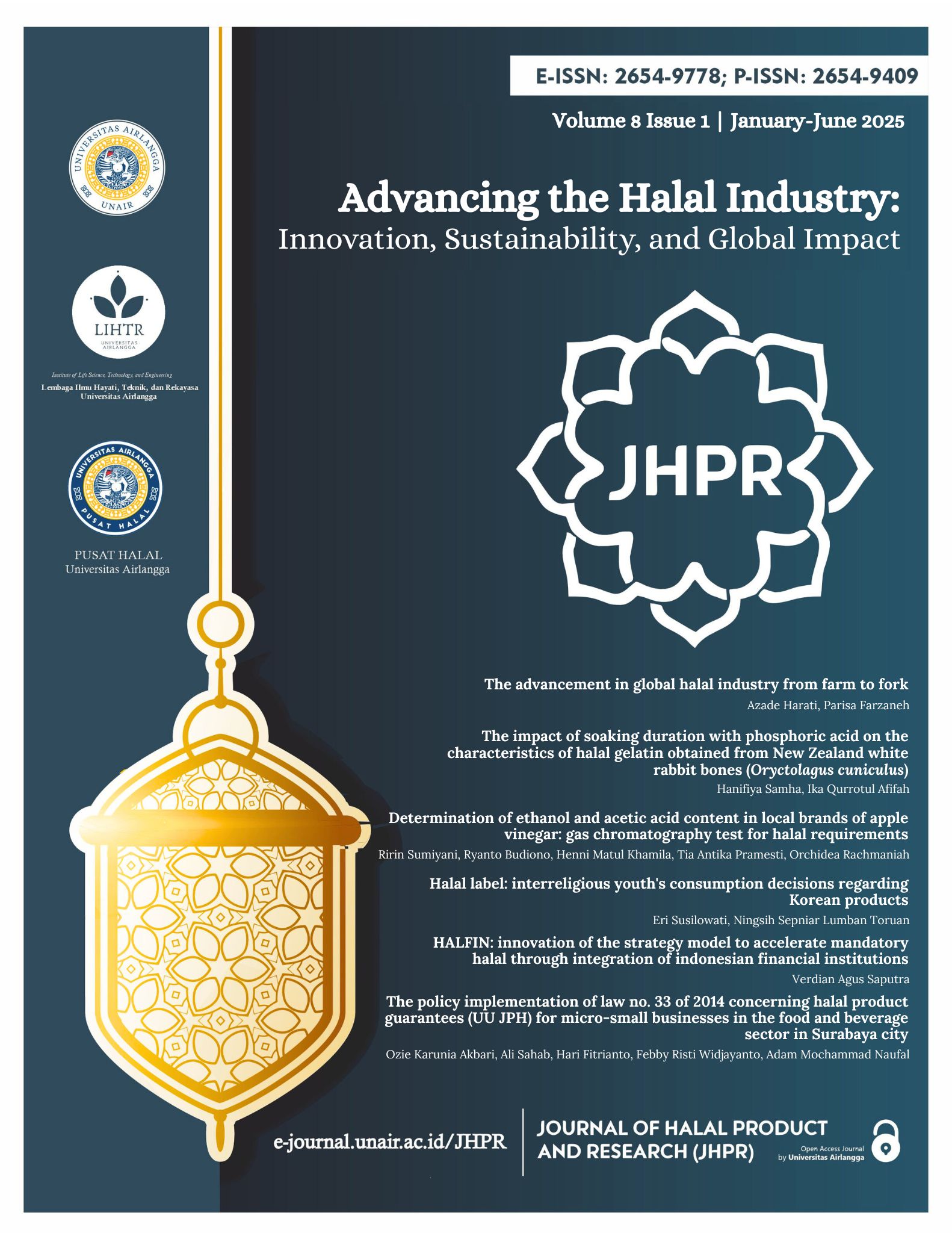| Journal title | Journal of Halal Product and Research (JHPR) |  |
|---|---|---|
| Frequency | Biannual | |
| License | CC-BY-4.0 Type: Open Access Journal indexed DOAJ | |
| DOI | 10.20473/jhpr (Crossref) | |
| Publication Fee | No Publication Fee | |
| Publisher | Universitas Airlangga affialted Journal of Universitas Airlangga | |
| Cite Analysis | Elsevier (Scopus) | Lens | Dimensions | Sciencetific Literature | |
| Accreditation | Accredited (2020-2024) | Indexed: SINTA 4 | Garuda |
Important Update: Policy Changes
Important Update: JHPR Language Policy for 2025 and Beyond
Starting from Volume 8, Issue 1 (2025) onwards, all articles published in the Journal of Halal Product and Research (JHPR) will be accepted exclusively in English.
Read more about Important Update: Policy Changes





















